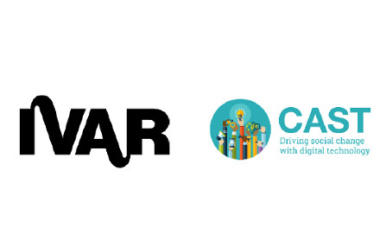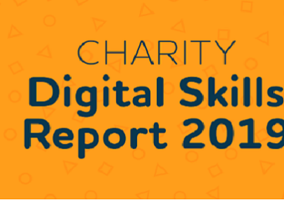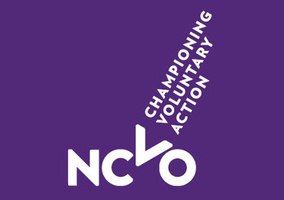Small charities want to make better use of technology in their services but lack the time and money to experiment with new tools, according to a report published today.
The Institute for Voluntary Action Research (IVAR) and the Centre for Acceleration of Social Technology (CAST) have today published a report looking at the experiences of small charities and technology to coincide with Small Charities Week.
Start somewhere: An exploratory study into making technology imaginable and usable for small voluntary organisations concludes that smaller charities are willing to embrace change, but are held back by a lack of time and resources.
Researchers surveyed 72 charities and carried out a number of in-depth interviews.
Just over half of respondents said that they “lack time” to research and test new technology, even though most thought it would benefit their charity.
IVAR and CAST are now calling on funders to think about how they could support small charities to experiment with technology.
Dan Sutch, director of CAST, said: “We found high levels of willingness and enthusiasm to engage, however for a small voluntary organisation barriers prevail, the most significant appearing to be lack of time to learn how to practically implement and use technology. As part of Small Charity Week we are saying start somewhere and don’t do too much at once, as this gives a low-risk way to test and develop new ways of working – test, review, repeat.”
Ben Cairns, director at IVAR, added: ““Funders have the power to give small voluntary organisations the time they need to develop a digital culture that is right for them. We would like to see more trusts and foundations offering long-term core funding to create space for experimentation so charities can work out what ‘tech’ means to them.”
Five top tips
Researchers identified five key bits of advice for smaller charities:
- Start somewhere and don’t be disheartened if it goes wrong
- Focus on the problem you’re trying to solve
- Time-bound tests of the technology and then review
- Don’t reinvent the wheel
- Embed learning into the day-to-day
|
Related articles












